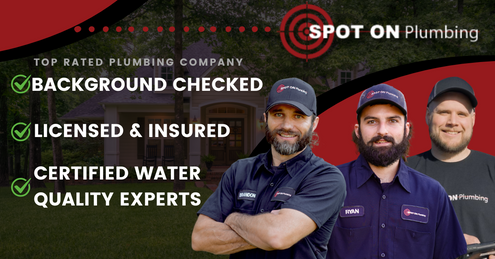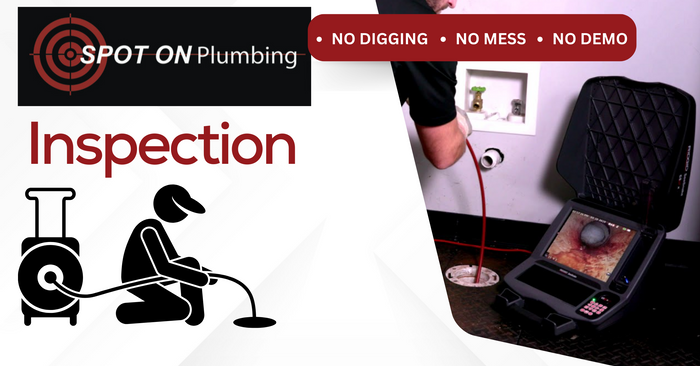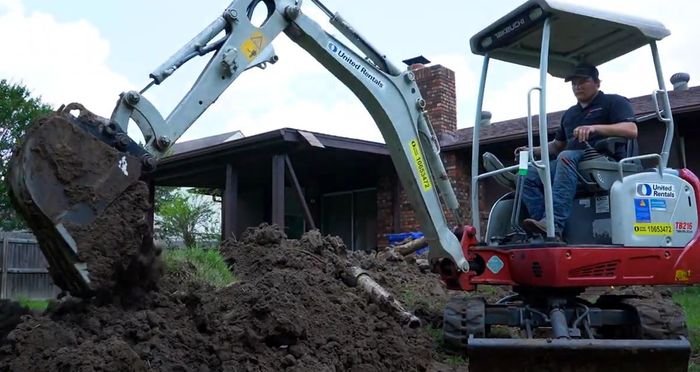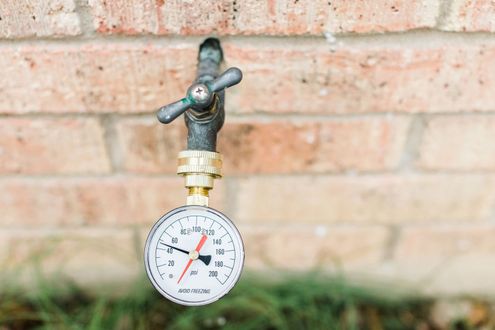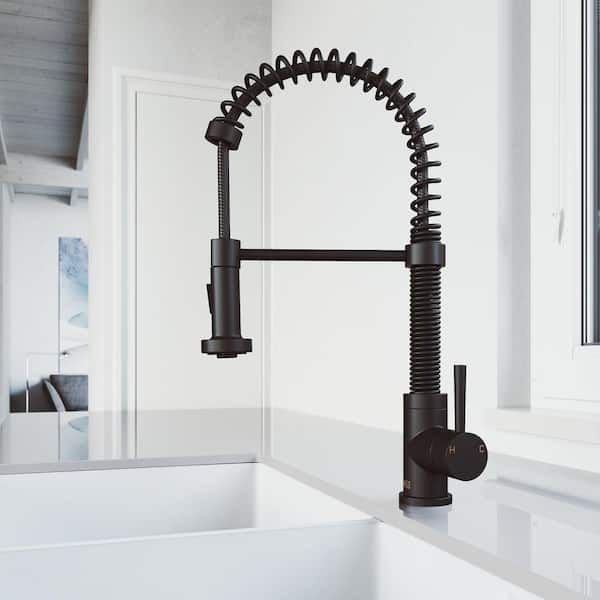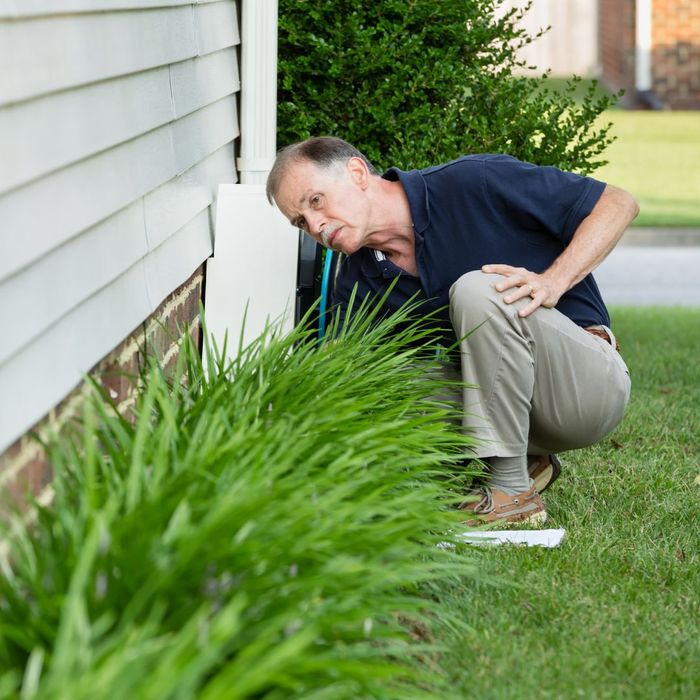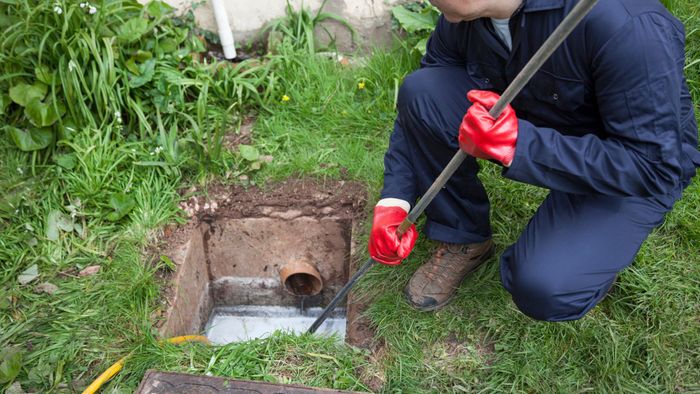Plumbing issues can be a homeowner's worst nightmare. They can disrupt your daily routine and lead to costly repairs.
Understanding common plumbing problems is the first step towards prevention. This knowledge can help you identify issues early and take appropriate action.
In this article, we'll explore common plumbing issues and how to prevent them. We'll provide practical tips and strategies to help you maintain your plumbing system effectively.
Whether you're a homeowner, a renter, or a DIY enthusiast, you'll find this guide useful. It's designed to empower you with the knowledge to prevent plumbing issues and save on potential repair costs.
So, let's dive in and learn how to keep your plumbing system in top shape. Remember, prevention is always better than cure, especially when it comes to plumbing.


